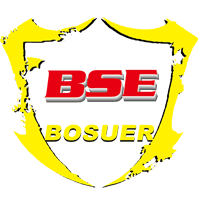The dirt bike market has rapidly grown into a vibrant global industry. With increasing demand from enthusiasts, professional riders, and recreational consumers, businesses importing dirt bikes can benefit from substantial opportunities. However, navigating the complexities of dirt bike import requires careful planning, meticulous research, and an understanding of regulatory frameworks across various countries.
Whether your goal is to import dirt bikes from Japan, explore Chinese import dirt bikes, or diversify your supply chain, we hope this guide will equip you with essential insights and practical advice to succeed in the global dirt bike market.
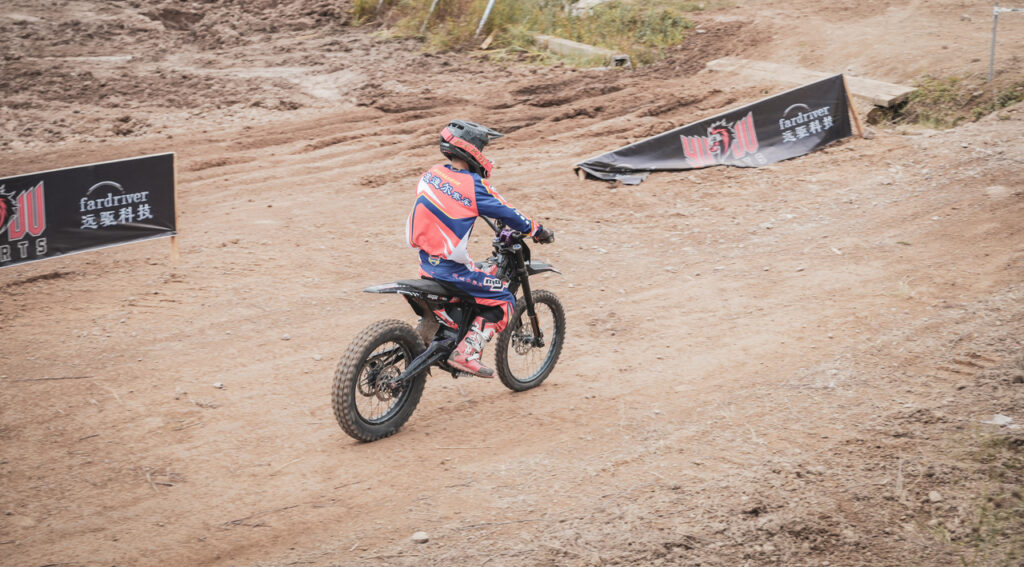
Historical Context: Understanding Dirt Bike Imports
The history of dirt bikes dates back to the early 20th century, evolving from simple modified motorcycles to specialized machines designed explicitly for off-road riding. In his authoritative book, Motocross America, motorsport historian Bill Amick notes that the real international boom in dirt bike popularity occurred during the 1960s and 1970s. This era saw Japanese manufacturers—such as Honda, Yamaha, Suzuki, and Kawasaki—enter the global stage, revolutionizing off-road motorcycle design and manufacturing.
Initially, businesses primarily chose to import dirt bikes from Japan because of their reputation for high quality, innovation, and reliability. However, since the early 2000s, dirt bikes from China have increasingly gained market share. Improved manufacturing capabilities, compliance with international safety standards, and competitive pricing have positioned Chinese brands as attractive alternatives for importers seeking cost-effective solutions.
Navigating the Current Dirt Bike Market Landscape
Today’s global dirt bike market continues to thrive, largely driven by sustained demand in North America, Europe, and emerging markets in Asia-Pacific and Latin America. According to research published by leading market analysts, the industry is projected to experience steady growth over the coming decade, fueled by both recreational and competitive riding popularity.
One notable market trend is the diversification into niche segments such as pit bikes. These smaller models have become increasingly popular among younger riders, beginners, and casual enthusiasts, representing a profitable market segment for savvy importers. Businesses looking to diversify their offerings often complement traditional dirt bikes with wholesale pit bikes, capturing a broader consumer base.
Furthermore, the cost-effective option of Chinese import dirt bikes continues to attract many international buyers, provided they partner with reputable manufacturers. To better understand supplier reputation and reliability, importers often refer to authoritative industry rankings, such as our comprehensive guides to the industry leading dirt bike manufacturers in the world and top 10 Chinese dirt bike brands.
Essential Considerations for Dirt Bike Importers
Successfully importing dirt bikes involves navigating various complexities, including supplier selection, regulatory compliance, and logistics management. Let’s explore these topics in greater detail.
Finding Reliable Dirt Bike Suppliers
Choosing the right supplier is integral to your success. When evaluating international dirt bike suppliers, consider factors such as manufacturing standards, product quality consistency, and production capacity.
While importing dirt bikes from Japan typically guarantees exceptional quality, Chinese manufacturers have significantly improved their standards over recent years, often matching international expectations. Carefully assessing available suppliers through independent industry analyses and customer testimonials helps ensure that your chosen partner meets your quality, quantity, and reliability requirements.
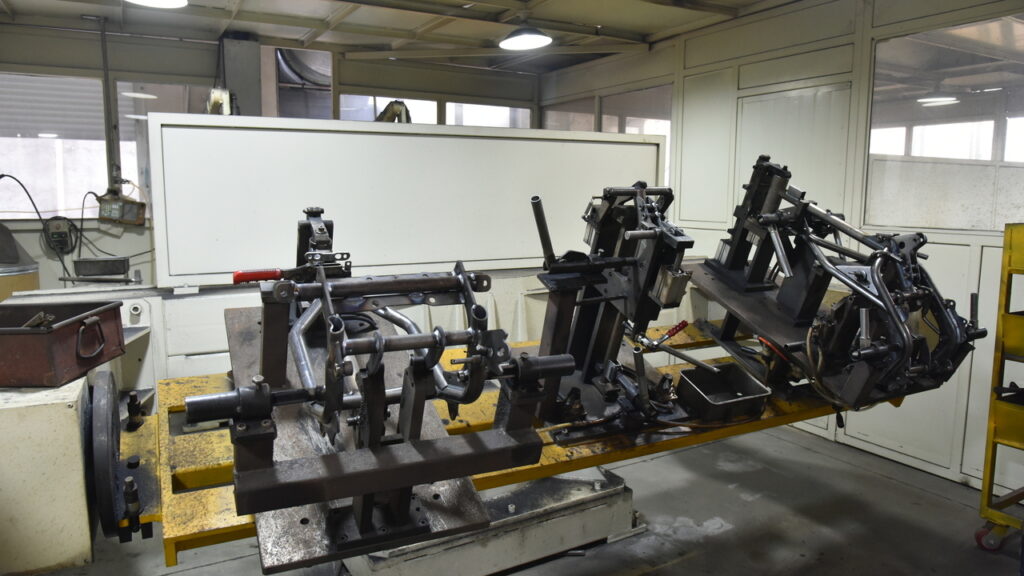
Navigating Regulatory and Compliance Requirements
Importing motorcycles or motorized vehicles, including dirt bikes, often involves navigating complex regulatory requirements. Importers must comply with a range of standards, including emissions regulations, safety certifications, and customs documentation.
For instance, the United States Environmental Protection Agency (EPA) and Department of Transportation (DOT) impose stringent requirements on imported dirt bikes regarding emissions and safety standards. Similar strict regulations exist in Europe (Euro emission standards), Australia, and other regions. Non-compliance can lead to costly delays, fines, or seizure of goods. Therefore, importers should carefully study these requirements and ensure suppliers fully comply with applicable standards before initiating shipments.
Logistics Management and Shipping Procedures
Effective logistics planning ensures smooth and timely deliveries. Importers must consider shipping methods—air freight vs. sea freight—each bearing different advantages and associated costs. Sea freight, although slower, is cost-effective for bulk imports. Air freight, while faster, generally suits smaller or more urgent shipments.
Additionally, proper packaging, insurance, warehousing, and local distribution planning are critical logistics considerations. Partnering with experienced freight forwarders and customs brokers significantly reduces risks and potential complications during shipping, warehousing, and customs clearance processes.
Step-by-Step Guide: Successfully Importing Dirt Bikes
To streamline your dirt bike import process, follow these clear steps:
Step 1: Market Research and Supplier Selection
- Conduct thorough market analysis to identify demand and competition.
- Compare suppliers based on quality, price, production capabilities, and reputation.
Step 2: Sample Evaluation and Testing
- Request product samples to evaluate quality, durability, and compliance with applicable standards.
- Perform independent testing or hire third-party inspectors to validate supplier claims.
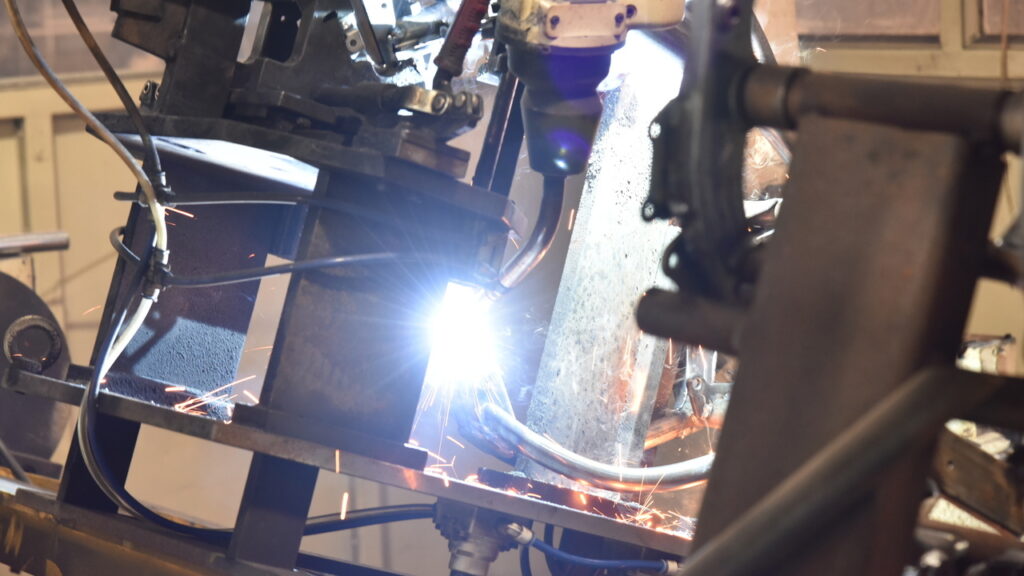
Step 3: Negotiate Terms and Contracts
- Clearly define terms of payment, pricing, lead times, warranty conditions, and after-sales support in your contracts.
- Include penalties or conditions for late deliveries, quality discrepancies, and other potential issues.
Step 4: Arrange Logistics and Shipping
- Choose an experienced freight forwarder or logistics partner to handle international shipments.
- Ensure all necessary documentation (invoices, packing lists, certificates) is accurate and complete.
Step 5: Customs Clearance and Compliance Procedures
- Prepare for customs clearance by gathering all required documentation and having customs brokers facilitate smooth entry.
- Verify compliance with local safety and emissions regulations ahead of time.
Step 6: Warehousing, Sales, and After-sales Support
- Arrange efficient warehousing and local distribution networks.
- Provide reliable after-sales support, including spare parts availability and customer service, enhancing your brand’s reputation and customer satisfaction.
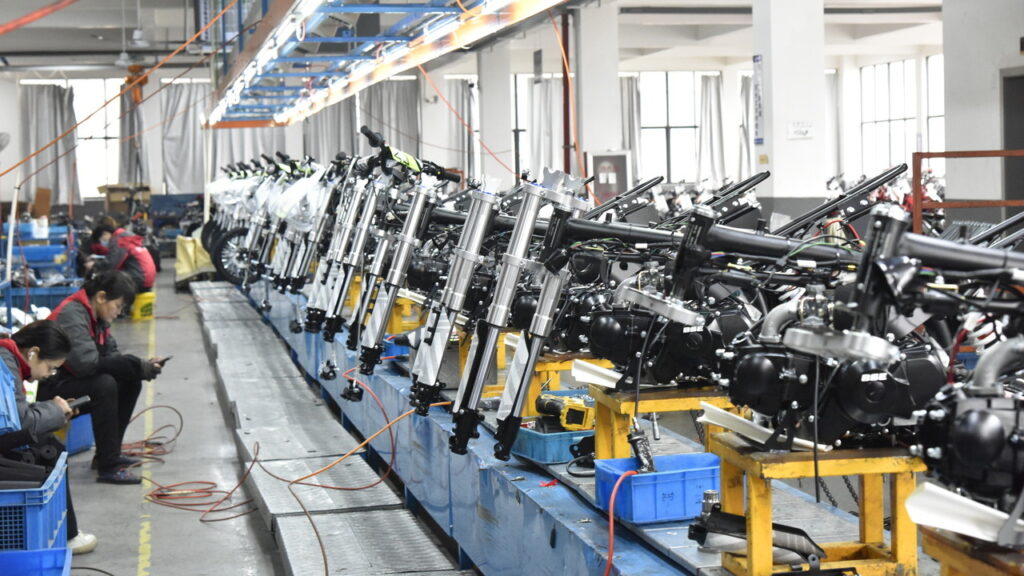
Common Mistakes to Avoid in Dirt Bike Importing
Learning from common pitfalls helps ensure your business avoids costly mistakes. Typical errors made by importers include insufficient market research, selecting unreliable suppliers, overlooking regulatory compliance, and underestimating logistics costs. By carefully planning and thoroughly assessing each stage of importation, you can significantly increase your chances of success.
A Trusted Partner for Your Dirt Bike Import Needs: BSE
The dirt bike market continues to expand globally, presenting lucrative opportunities for proactive businesses. Whether you choose to import dirt bikes from Japan or explore Chinese import dirt bikes, understanding current market dynamics, historical context, and expert strategies will greatly enhance your success.
At BSE, we specialize in manufacturing and supplying high-quality wholesale dirt bikes, wholesale sports ATVs, and utility ATVs tailored specifically for international B2B clients. With extensive experience serving global markets, BSE is recognized for rigorous quality assurance processes, compliance with international safety and emissions standards, competitive pricing, and comprehensive logistical support.
For more information about how BSE can support your dirt bike import business, please contact our expert sales team directly.
